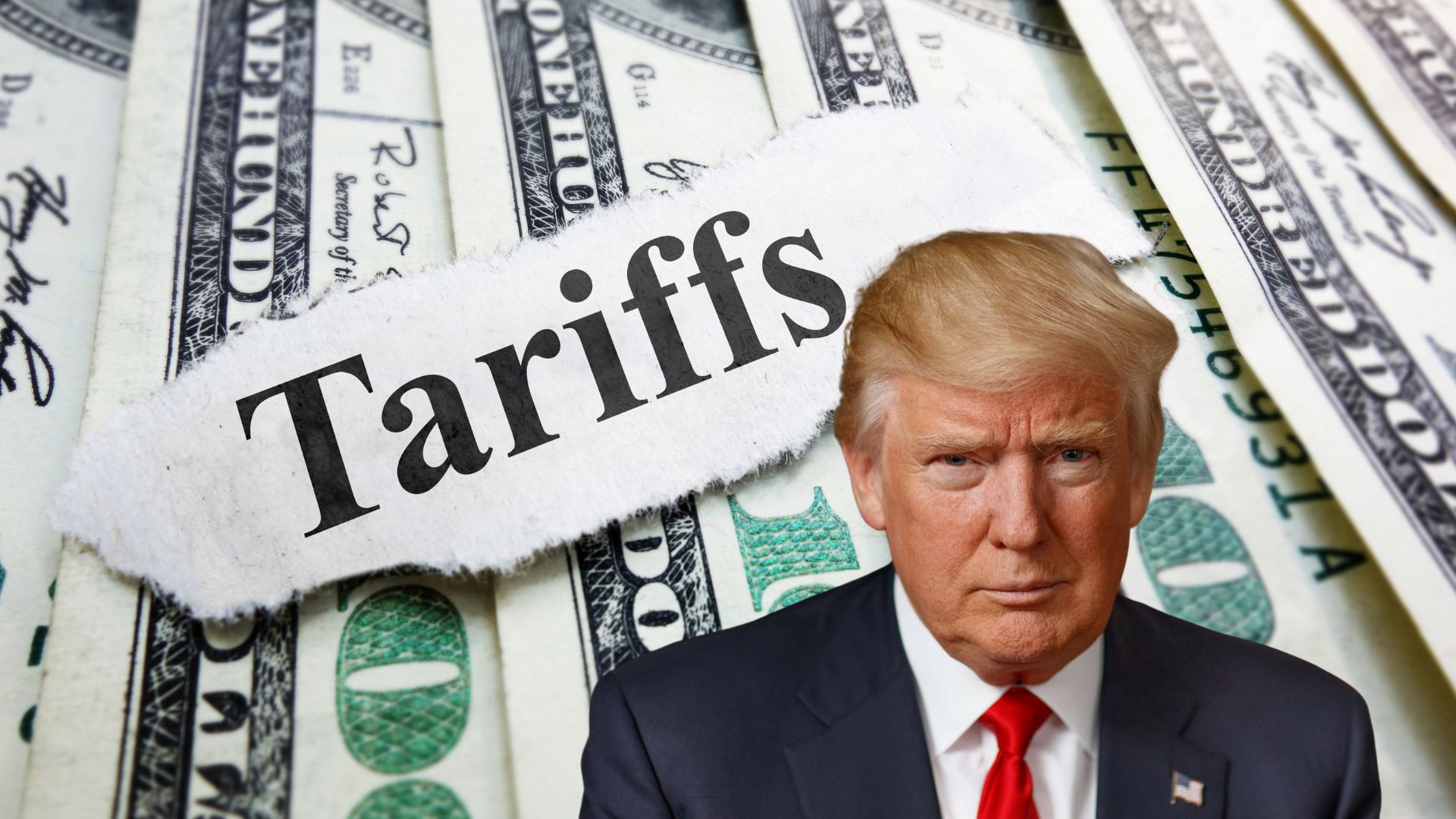
After more than six years leading the Blockchain Association, Kristin Smith is ready to embark on a new challenge. On May 19th, Smith will take on the role of president at the newly established Solana Policy Institute, marking an important passing of the baton within the landscape of cryptocurrency advocacy in the United States.
The news was made official with an announcement published on April 1st by the Blockchain Association. The statement specifies that Kristin Smith will step down from her current position on May 16th. However, the organization has not revealed either the reasons for her departure or who will take the reins of the association after her departure.
Kristin Smith: from Congress to the heart of the blockchain
Kristin Smith is not new to the corridors of power in Washington. Before joining the Blockchain Association in 2018, she served as deputy chief of staff for former Montana representative, Denny Rehberg. Her institutional experience allowed her to quickly make her way in the world of advocacy for cryptocurrencies, becoming one of the most influential figures in shaping American policies related to blockchain.
During his tenure leading the BA — which counts among its members companies such as Coinbase, Ripple Labs, and Chainlink Labs — Smith has pursued various legal and institutional battles on behalf of the crypto industry. In particular, the association has initiated a legal action against the Internal Revenue Service (IRS), challenging regulations that require brokers to report each transaction made in cryptocurrencies.
Without forgetting the heated criticisms towards the Securities and Exchange Commission (SEC), accused of implementing a policy of “regulation through enforcement,” under the leadership of former chairman Gary Gensler. An approach that has resulted in high legal costs for many companies in the sector.
A new commitment with Solana
The next chapter of Smith’s career will be written at the Solana Policy Institute, a newly established entity already in the spotlight. Two days after its official launch, the think tank has already attracted the interest of the entire crypto ecosystem, although it remains to be clarified what its immediate goals will be. The organization presents itself as a non-profit nonpartisan, with the ambition to interface with U.S. legislators to promote clearer and more favorable regulation.
In the transition to the new entity, Smith will not be alone. She will indeed be joined by another well-known face in the sector: Miller Whitehouse-Levine, former CEO of the DeFi Education Fund. Whitehouse-Levine will take on the role of executive director of the Institute. According to what has been stated, the main objective of the new team will be to provide educational tools to U.S. legislators, with particular focus on the Solana ecosystem.
A strategic move in an evolving context
The transfer of Smith from the Blockchain Association to an entity focused on a single protocol, such as Solana, marks a significant change in advocacy strategy in the world of decentralized technologies. While the BA aimed to represent the entire crypto sector collectively, the Solana Policy Institute seeks to specifically promote the needs and opportunities related to one of the most promising projects of the new generation blockchain.
This transition occurs at a delicate time for the cryptocurrency industry, increasingly tested by an uncertain and often restrictive regulatory framework. The role of advocacy organizations thus becomes crucial not only to defend the interests of industry operators but also to raise awareness among institutions about innovation, security, and technological competitiveness.
Unknowns and expectations
It remains to be seen who will take over from Smith at the helm of the Blockchain Association and what the future strategic direction of the organization will be, which in recent years has been a reference point for the dialogue between industry and politics. Furthermore, it is not yet entirely clear how the Solana Policy Institute intends to structure its activities and what the actual impact in Washington will be.
However, with two expert and well-established names in U.S. politics like Smith and Whitehouse-Levine, the Institute seems to have all the credentials to become a key player in the regulatory debate.
A new center of influence for Solana
In a fragmented and competitive crypto ecosystem, the most dynamic blockchains are seeking to build unprecedented political and institutional alliances. The Solana Policy Institute fits into this logic, aiming to become a point of reference for those who want to understand and enhance the potential of the Solana network, known for its high performance and low transaction costs.
The initiative could represent a response to the ever-growing challenges that blockchain projects must face to integrate into a regulatory environment still being defined.
The future of crypto advocacy
The departure of Kristin Smith from the Blockchain Association is not just a change at the top: it reflects a broader transformation in the way the blockchain industry intends to engage with the political world. Until now, the emphasis has been on unity among different operators, but the future might see a multiplication of institutional delegation by protocol, where individual blockchain communities develop dedicated advocacy channels.
The joint commitment of Smith and Whitehouse-Levine also testifies to the growing professionalization of the political structures of the crypto world, determined to make their voice heard in decision-making contexts. A clear signal that cryptocurrencies not only want to innovate finance but also influence the formulation of the rules of the game.

 1 day ago
13
1 day ago
13









 English (US) ·
English (US) ·